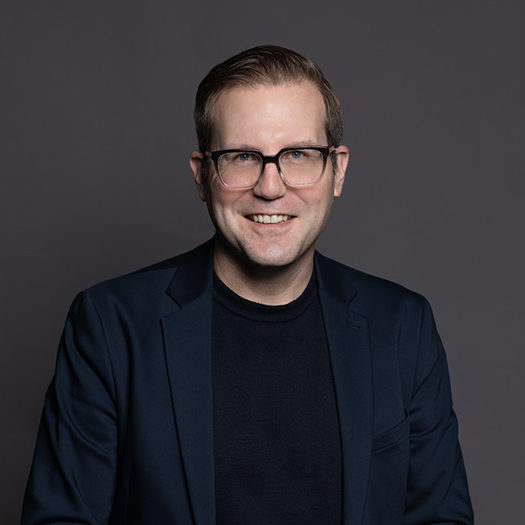30 Years of the EU Single Market – A Cause for Celebration?
Public EventsFirst-Hand Information on Economic Policy at ZEW on the Future of European Competitiveness
The European Single Market, one of the European Union’s greatest achievements, commenced on 1 January 1993 – a significant milestone that gives us reason to rejoice, but also prompts us to take a critical look into the future. On 15 May 2023, as part of the event series “First-Hand Information on Economic Policy” at ZEW in Mannheim, Professor Martin Kocher, Austrian Federal Minister of Labour and Economy, discussed the current economic state of the EU and specifically Austria, along with associated opportunities and risks. He emphasised that Europe possesses tremendous potential if it focuses on its strengths. However, he cautioned that countering dependencies necessitates greater diversification rather than pursuing deglobalisation.
In his welcoming remarks, ZEW President Achim Wambach referred to Martin Kocher as a “superminister” due to his dual role as Minister of Labour and Economy, and highlighted his impressive academic background. Kocher leveraged this expertise in his presentation, where he outlined the economic development, stating, “Austria, as a country with relatively high purchasing power, experienced a more significant downturn in 2020 compared to the European average. However, 2022 was a year characterised by strong recovery, with nearly five per cent economic growth.” According to forecasts, 2023 is expected to see less growth, around 0.4 to 0.5 per cent, aligning with the EU average.
Labour force as a scarce resource
While there are some peculiarities in the Austrian labour market, characterised by regional variations in unemployment rates, the overall rate remained quite low at 4.5 per cent in March 2023, according to Kocher. He added: “The fact that unemployment remains low despite three weak quarters is an indicator of labour scarcity.” To combat this, he aims to employ a combination of immigration and tax incentives, encouraging more individuals to transition from part-time to full-time work and enabling retirees to work longer if they wish. Regarding immigration, he referred to the reform of immigration law, which allocates points based on specific criteria such as language proficiency, education, and shortage occupations. This reform has resulted in a 50 per cent increase in work permits issued since 1 October 2022. Despite certain challenges, he believes that Europe has a comparative advantage, stating, “We are better positioned than the USA and Asia in addressing the shortage of skilled workers.”
Strengthening strengths
He regards the current trend towards becoming more independent critically. “From my perspective, the danger lies in deglobalisation, even though it’s not often called that, but instead is usually referred to as technological independence,” he said. He suggested that globalisation should be preserved outside critical infrastructure, and that we should consider mutual interdependencies. “Germany used to have an 80 per cent market share in photovoltaic systems, but now almost all of them come from China. However, to feed the generated electricity into the power grid, we also need inverters, which are mostly from Austria. So, there are reverse dependencies as well.” Instead of establishing a chip industry in Europe through a European Chips Act, where “we lack expertise,” he believes that we should strengthen areas such as German automotive or mechanical engineering, where Europe possesses technological leadership. After all, he pointed out, “It is politically important to clearly identify dependencies since independence comes at a significant cost to prosperity.”










